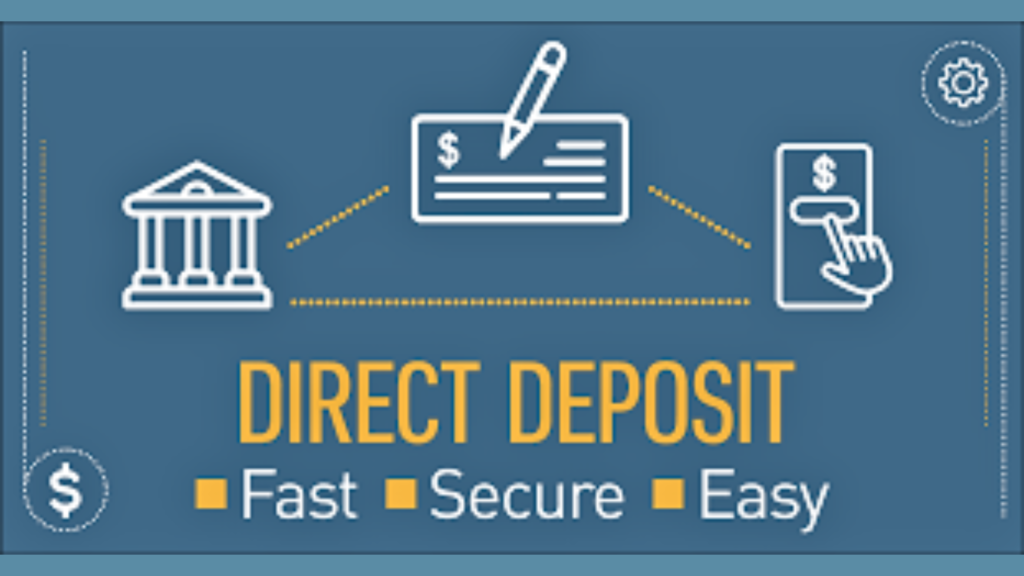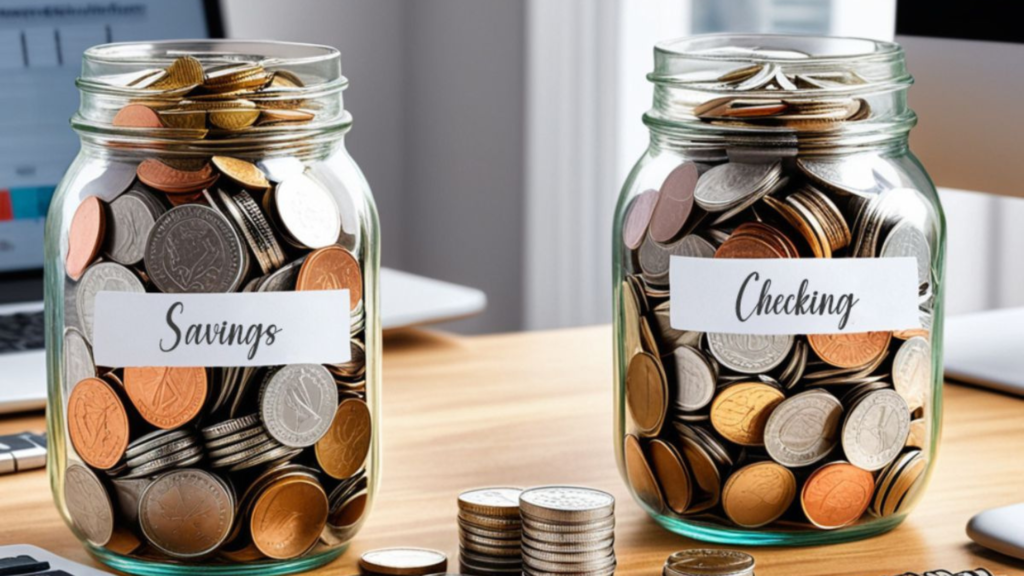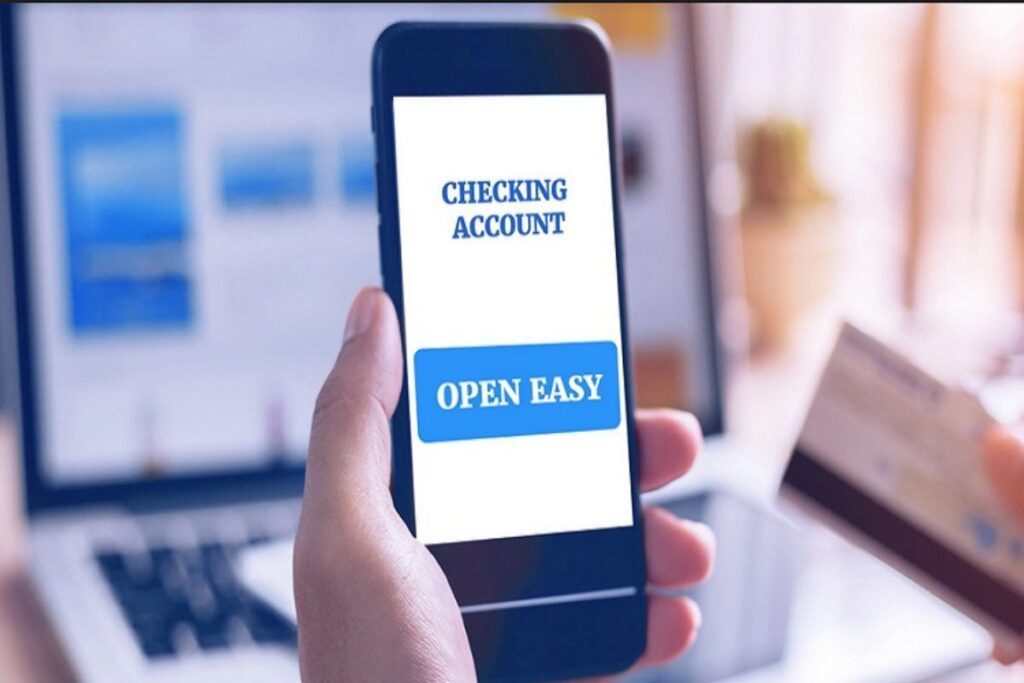Did you know that there are millions of Americans out there who don’t have a bank account at all? While some believe they don’t have enough money for them to open a checking account, others prefer to use cash rather than worry about checks or debit cards.
Opening a checking account is one of the first steps to effectively managing your personal finances. Whether you’re just starting out or looking to improve your financial situation, a checking account offers flexibility, convenience, and security for your day-to-day transactions.
If you’re wondering why open a checking account? In this article, we’ll explore 10 reasons to open a checking account, describing how it can simplify your financial life, help you track your spending, and even set you up for future financial growth.
Why Open a Checking Account?
Many people consider checking accounts essential to personal finance. Unlike a savings account, which is usually used to store and grow money over time, a checking account is designed for frequent transactions. It provides easy access to your money, whether you’re paying bills, grocery shopping, or transferring funds online.

The key difference between a checking account and a savings account is accessibility. A checking account allows you to withdraw or deposit money quickly, while a savings account is typically meant for longer-term goals, offering limited access but sometimes higher interest rates. Now, let’s look at the benefits of having a checking account.
10 Reasons To Open a Checking Account
The following are reasons to open a checking account:
1. Offers Convenience for Easy Spending
A checking account offers convenience when it comes to daily transactions. It allows for quick and easy payments, whether for groceries, grabbing a cup of coffee, or settling utility bills. With features like debit cards and online banking, your money is always easily accessible.
2. Provide Access to Online and Mobile Banking
One of the most significant advantages of opening a checking account is access to online banking and mobile apps. With these tools, you can check your balance, transfer funds, pay bills, and even deposit checks from the comfort of your home. Many banks and credit unions offer user-friendly platforms that make managing your finances on the go simple.
ALSO READ: Top Checking Accounts for Teens in July 2024
3. Direct Deposit for Faster Paychecks
Having a checking account allows you to receive direct deposits from your employer. Your paycheck is deposited directly into your account on payday, so you don’t have to wait for a check to clear. When you use direct deposit, you lower the risk of misplacing a paper check and have immediate access to your money.

4. Track Your Spending and Managing Your Expenses
Using a checking account gives you a record of your purchases. You can review your spending to identify trends with your expenses. This information is helpful when you want to review your budget or determine how to improve your money habits.
5. Easy Bill Payment
Managing multiple bills can be difficult, but a checking account can help you simplify this process. Most banks and credit unions offer online bill payment features that allow you to automate payments for utilities, credit cards, rent, or mortgages.
With just a few clicks, you can set up recurring payments, schedule future payments, or make one-time payments. This not only saves you time but also ensures that you never miss a due date.
6. Safer Than Cash
Carrying cash comes with lots of risks, like theft or loss. A checking account, however, offers a safer alternative for your money. If your debit card is lost or stolen, most banks have fraud protection policies that help you recover your money or prevent unauthorized transactions.

7. Provides Access to ATM Networks
Most checking accounts come with access to an extensive network of ATMs. This makes it easy to withdraw cash without worrying about finding a branch, whether at home or traveling. Some banks and credit unions also offer ATM fee reimbursements so that you can avoid out-of-network charges. This ensures that your money is accessible wherever you are.
ALSO READ: What’s the Ideal Number of Savings Accounts That I Should Have?
8. Building a Relationship With Your Bank
A checking account helps you build a financial relationship with your bank or credit union. This can benefit you later in case you need financial advice or decide to apply for a loan, mortgage, or credit card. Banks are more likely to offer better rates and terms to existing customers with a responsible account management history.
9. Protection Against Overdrafts
Another reason to open a checking account is the availability of overdraft protection. This feature ensures that your transactions go through even if your account balance is temporarily insufficient. While monitoring your account to avoid overdrawing is essential, this protection can help in emergencies or prevent declined transactions.
10. Combining With a Savings Account for Better Financial Management
A checking account and a savings account are often paired to improve your financial management. You can quickly transfer funds between the two using your checking account for daily expenses, and your savings account for long-term financial goals. This strategy allows you to keep your spending and savings separate, making saving for future needs like vacations, emergency funds, or retirement easier.

Opening a checking account is one of the first steps to achieving financial security and flexibility. If you’ve been asking, why open a checking account? These ten reasons for opening a checking account show why it is essential. So, whether you’re looking for clever ways to save money or pair your checking account with a savings account for better budgeting, opening a checking account can help you get closer to your financial goals.

